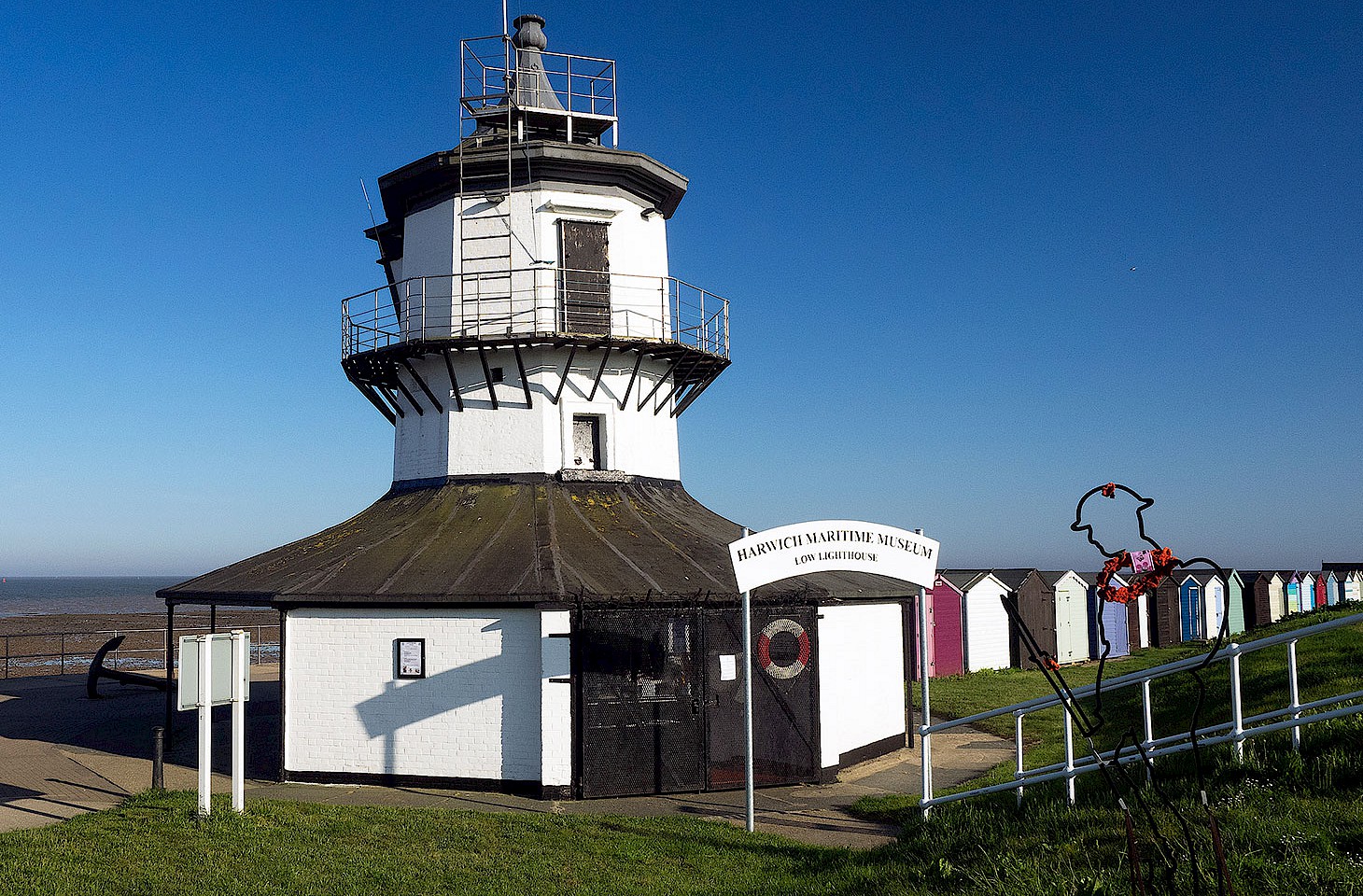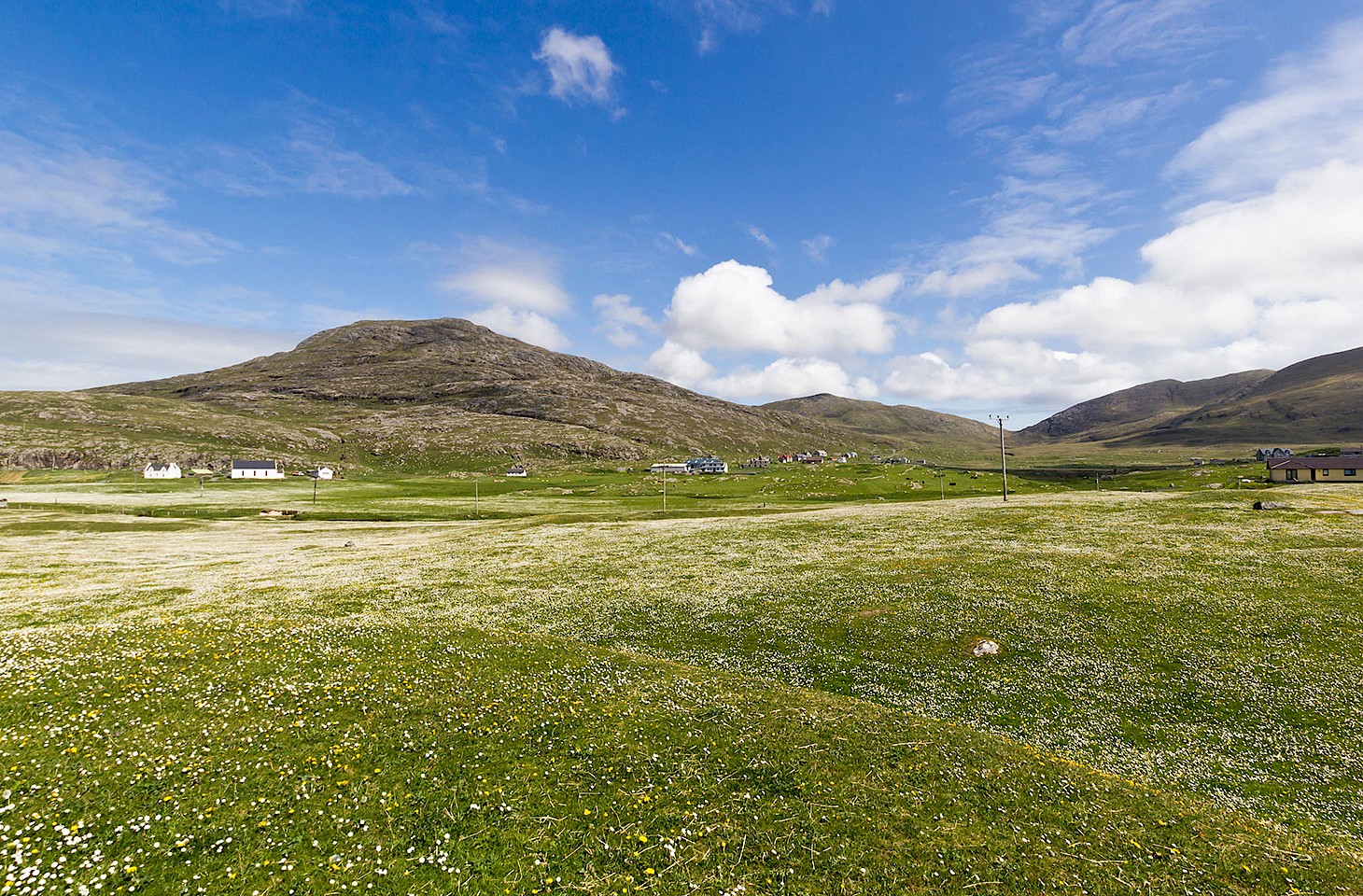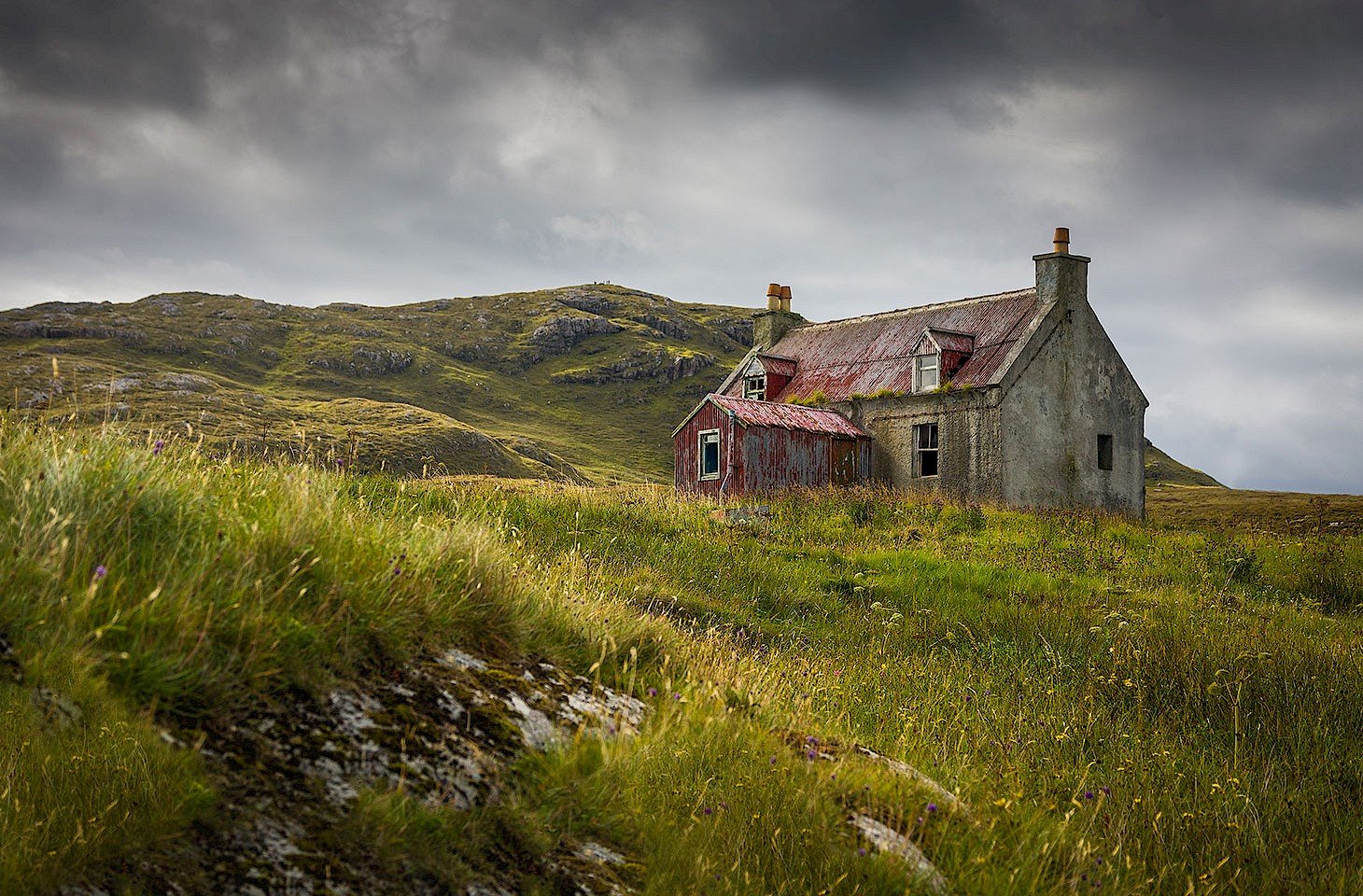Dear fellow travellers
New Year's Day. Again. Aching heads for those who took their Hogmanay revelries a little too seriously. We slipped into 2011 in a little house on the edge of a heath on one of the North Frisian islands. It is a community where there are no theatrical pyrotechnics to welcome the New Year. Let's face it, fireworks and thatched roofs don't mix, so way back in distant history the community decided that New Year's Eve on the island should be as pacific as every other night of the year.
Estonia awakens today to the euro as its beautiful kroon banknotes are consigned to currency history. They were among the most appealing banknotes anywhere in Europe, with delicate images of barn swallows and rustic wooden houses, plus a distinctly airbrushed view of a bridge that spans the Narva River and marks the modern border between Estonia and the neighbouring Russian Federation.
And New Year brings its own special antics across Europe. Scotland's principal rail operator, a company called Scotrail, celebrates a new dawn by running no trains at all. This unusual take on customer service seems extraordinary to us on the continent. How do all those Hogmanay revellers get home?
In Vienna there is the famous New Year's Day concert, where this year the perennial diet of Strauss and more Strauss will be complemented by a little Liszt. Expect to hear a lot of Liszt in 2011, for this year marks the bi-centennial of the composer's birth. Cracovians have more eclectic musical tastes than the Viennese, and this afternoon's Kraków Philharmonic New Year's Day concert features Gershwin and Bernstein.
In the Orkney town of Kirkwall, hundreds of folk will today struggle over a leather ball called the 'ba'. This civic sport pits one side of the town against the other in a prolonged tussle that has ambiguous rules and offers more opportunity for broken bones than even the most ferocious game of rugby. At the other end of Europe, residents of Catania might well be inclined to drive up one of the little roads that skirt the slopes of Mount Etna. The aim is to collect snow and get it back home before it melts, for snow gathered from Etna on New Year's Day, so they say, makes the finest Sicilian granita.
Our Greek friends have a very sensible approach to the New Year. No need for dangerous sports or difficult drives. They stay at home and eat cake. As cakes go, Vasilópita is actually quite simple. But it is not the cake that really matters, but more the communal sharing that brings New Year's blessing on a house and those that live there.
No cake with this newsletter, we are afraid, but we hope that the communal sharing of these words brings a blessing or two. If you have followed us through 2010, then you'll have accompanied us on slow trains through Moldova and Albania, joined us as we paused for thought in Katyn's forests and shared a smile or two (we hope) as we pondered whether anything lies between Gay Byrne and God. We hope you are up for a few more journeys with hidden europe in 2011 and, as we ponder our maps and timetables, we wish you a very happy New Year.
Nicky Gardner and Susanne Kries
(editors, hidden europe magazine)




